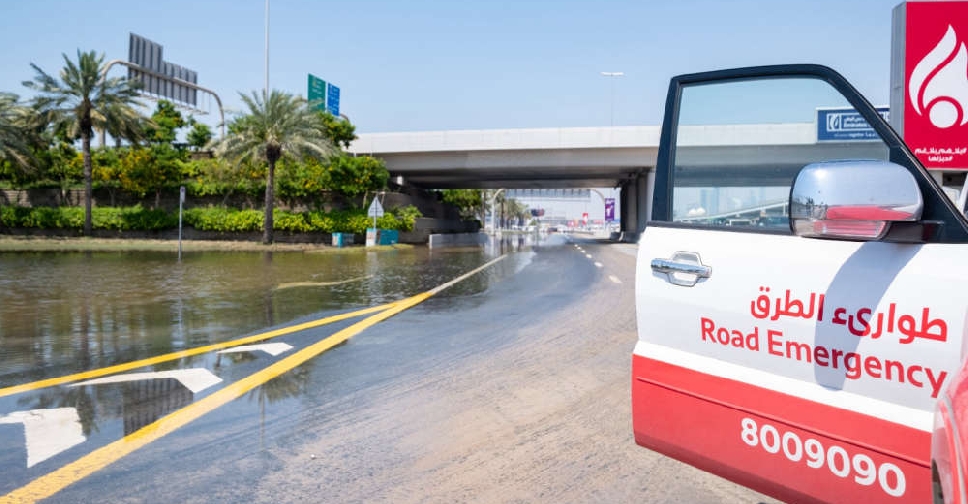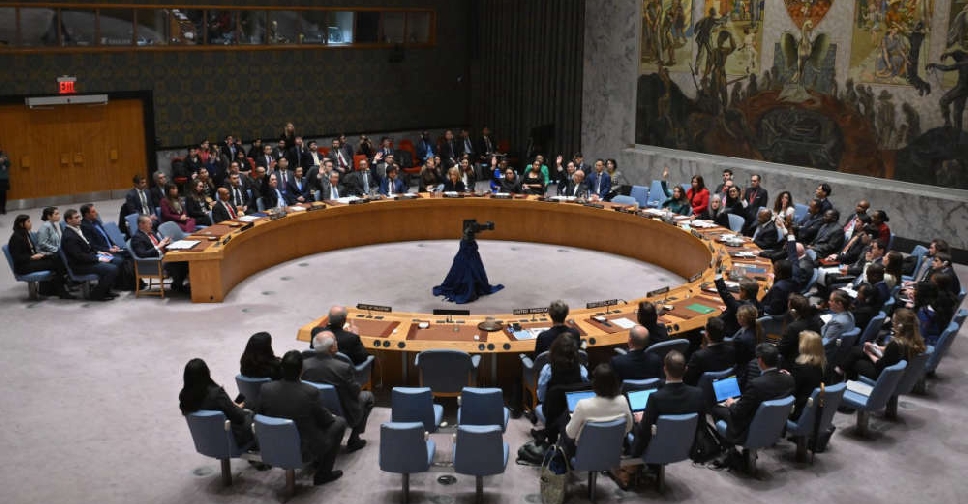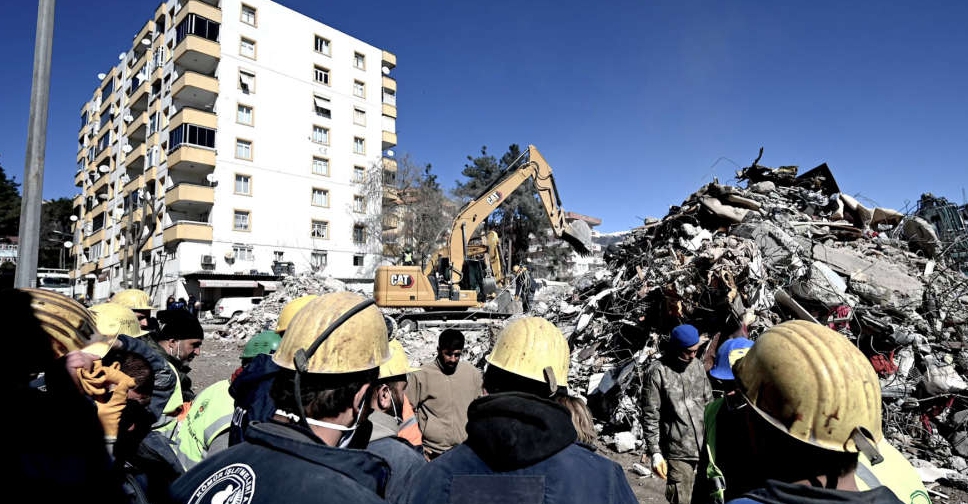
Two more people were pulled alive from the rubble in Turkey on Friday, 11 days after an earthquake that has killed more than 43,000 in the country and Syria, as aid agencies step up efforts to help millions of people left homeless.
Osman Halebiye, 14, was rescued overnight in the city of Antakya in Turkey's southeast, 260 hours after the massive earthquake that struck in the dead of night on February 6, state news agency Anadolu said. He is being treated in hospital.
Mustafa Avci, 34, was also found alive in Antakya 261 hours after the earthquake. As he was taken away on a stretcher, he was put on a video call with his parents who showed him his newborn baby.
"I had completely lost all hope. This is a true miracle. They gave me my son back. I saw the wreckage and I thought nobody could be saved alive from there. We were prepared for the worst," his father, Ali Avci said.
But such rescues are becoming increasingly rare following the deadliest earthquake in Turkey's modern history - a 7.8 magnitude tremor followed by similarly powerful one hours later. The death toll in Turkey now stands at 38,044, officials said.
In neighbouring Syria, already shattered by more than a decade of civil war, authorities have reported more than 5,800 deaths. The toll has not changed for days.
The bulk of Syria's fatalities have been in the northwest, an area controlled by insurgents who are at war with President Bashar al-Assad - a conflict that has complicated efforts to aid people affected by the earthquake.
The sides clashed overnight for the first time since the disaster, with government forces shelling the outskirts of Atareb, a rebel-held town badly hit by the earthquake, the Syrian Observatory for Human Rights reported on Friday.
Reuters could not independently verify the report.
Neither Turkey nor Syria have said how many people are still missing following the quake.
For families still waiting to retrieve relatives in Turkey, there is growing anger over what they see as corrupt building practices and deeply flawed urban development that resulted in thousands of homes and businesses disintegrating.
Turkey has promised to investigate anyone suspected of responsibility for the collapse of buildings and has ordered the detention of more than 100 suspects, including developers.
SCALING UP AID
The United Nations on Thursday appealed for more than $1 billion in funds for the Turkish relief operation, just two days after launching a $400 million appeal for Syrians.
People have been sleeping in tents, mosques, schools or cars across the sprawling disaster zone, enduring freezing winter temperatures.
The World Health Organisation has expressed particular concern about the welfare of people in the northwest, where the bulk of fatalities in Syria have been reported.
Some 50,000 households in the northwest are estimated to be in need of tents or emergency shelter, according to a survey by NGOs. Many people in the region have felt abandoned as aid has poured into other parts of the disaster zone.
Deliveries into the rebel-held region from Turkey were severed completely in the immediate aftermath of the earthquake, when a route used by the United Nations was temporarily blocked.
Earlier this week, Assad gave approval for the use of two more crossings into the northwest.
As of Friday, 142 trucks of U.N. aid had crossed into the northwest since aid operations resumed on February 9, a spokesperson for the UN Office for the Coordination of Humanitarian Affairs told Reuters.
"We are definitely scaling up the cross-border aid operation, there is a plan for more trucks to come every day," the spokesperson said.
Assad, speaking on Thursday in his first televised comments since the quake hit, said the response to the disaster required more resources than the government had available.

 India begins voting in election as Modi seeks historic third term
India begins voting in election as Modi seeks historic third term
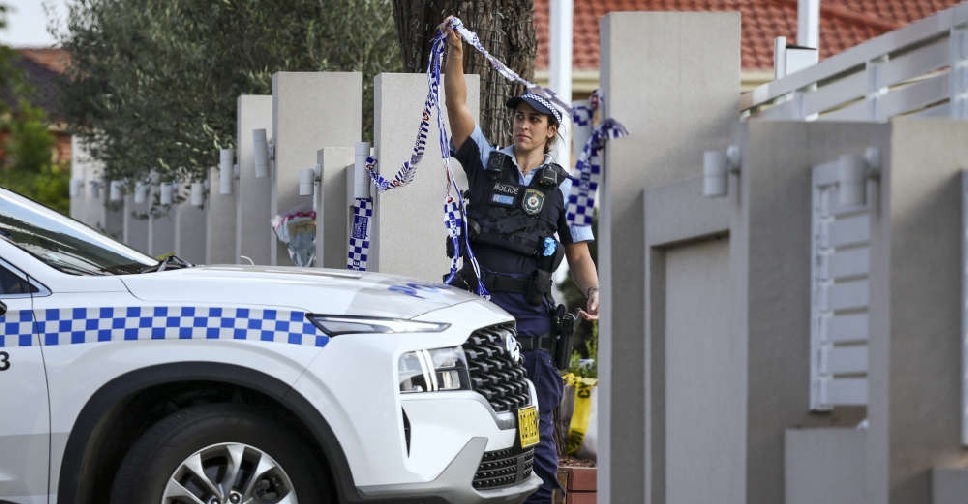 Teenager charged with terrorism over Sydney bishop stabbing
Teenager charged with terrorism over Sydney bishop stabbing
 Kenya's military chief among 10 killed in helicopter crash
Kenya's military chief among 10 killed in helicopter crash
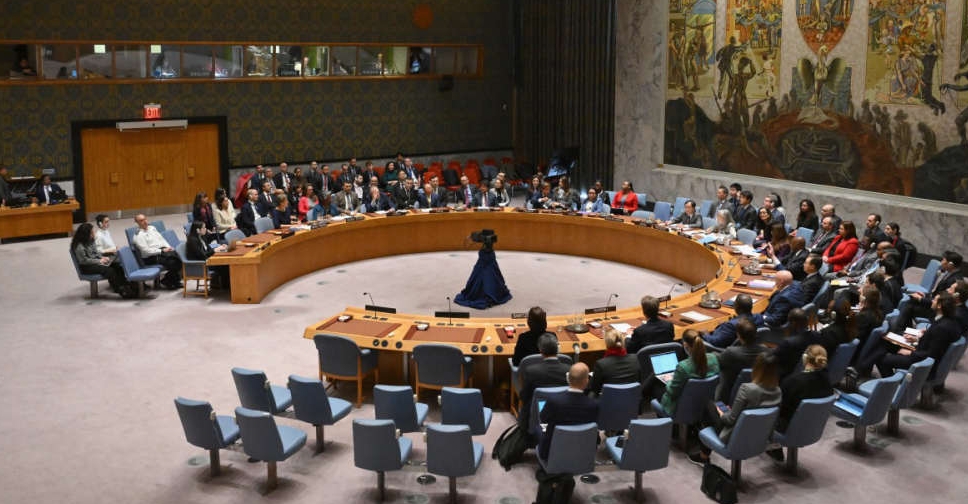 Security Council to vote on Palestinian UN membership
Security Council to vote on Palestinian UN membership
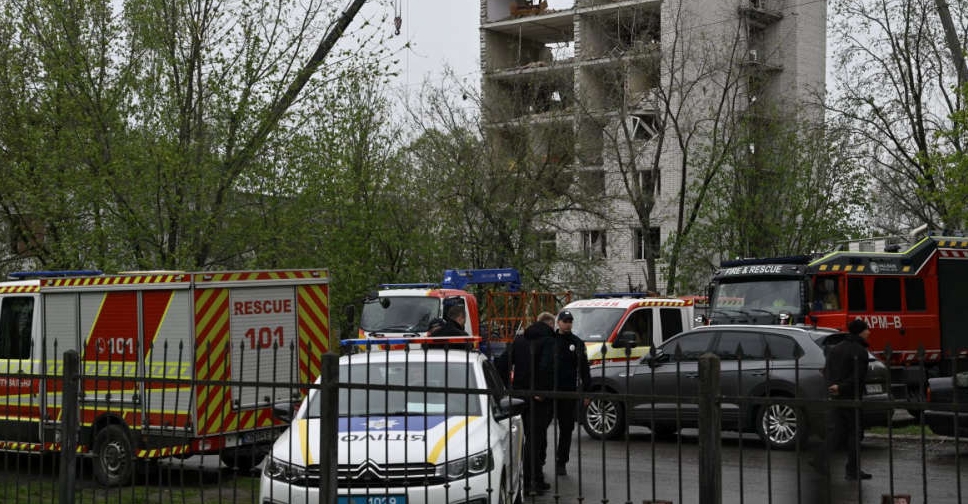 Toll from Russia's deadliest airstrike on Ukraine in weeks rises to 18
Toll from Russia's deadliest airstrike on Ukraine in weeks rises to 18

